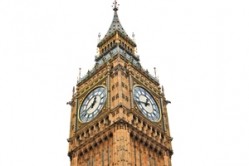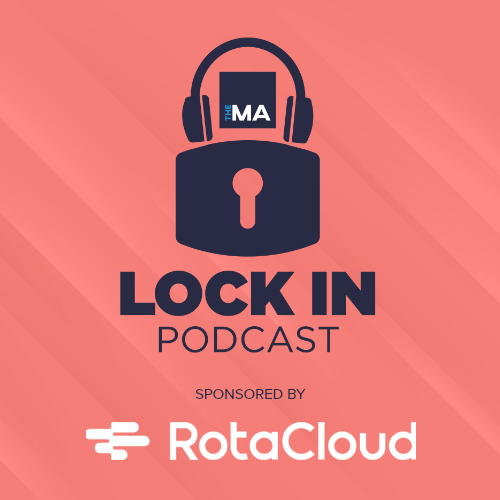WATCH: Committee meets to discuss pubs code

Today a committee of MPs gathered to hear evidence from both sides of the debate into statutory intervention in the relationship between pub companies and their tied tenants.
The Small Business, Enterprise and Employment Bill contains far more than the planned pubs code but this issue has already provoked fierce debate amongst MPs and is sure to take up a large part of the committee’s time.
Among those who will pick through the bill line by line is All Party Parliamentary Beer Group chair, Andrew Griffiths; Labour’s shadow pubs minister Toby Perkins and Jo Swinson, the Lib Dem minister who kicked off the process to issue statutory code proposals. A new addition to the committee is outspoken Tory MP, Nadine Dorries, who replaced Jim Dobbin after his death last month.
British Beer & Pub Association chairman Jonathan Neame made his feelings clear about the bill last week when he said partnerships should guide the future of the sector not “blanket measures”.
He told the BBPA’s annual dinner last week that “anti-alcohol forces are again gathering forces to demand tougher restrictions and increasingly draconian measures to restrict the sector”.
Opposing view
However, Fair Pint campaigner, Simon Clarke, who will give his evidence on Thursday said Neame’s “blanket measures” were in fact “good, modern, business practices most of which they claim to have been operating since voluntary regulation began”.
He said: “I'd also agree that I am happy for market forces to influence brewers behaviour but only if effective regulation is placed upon the big 6 pub owning companies, who between them own about two thirds of the tied pubs in the country. The Fair Deal For Your Local position was that there should be a market rent only option applying to all companies with more than 500 pubs, making the family brewers exempt from statutory regulation altogether, and a guest cask ale right to those who remain tied. I still believe market forces would do the rest.”
Ex-Punch tenant and pubco critic Dave Mountford will be the first person to give evidence to the committee specifically on the pubs code, when he appears at 2.30pm today.
He told the PMA his message would be that the proposals for the code as they stand would do little to help licensees.
Flawed model
He said: “The success in achieving legislation has been vital in that it proves beyond any doubt that self-regulation was not working and that the pubco model was deeply flawed. However the bill as its stands depends greatly on the power and speed of a planned adjudicator, which is based on the model used in the grocery code, which in itself is not a good comparator.
“The bill also relies on a code, not yet written and potentially not completed until after the next General Election. With the differing levels of support provided by the political parties this uncertainty does not provide a level of comfort for those who understand how the tied model is frequently operated. The financial imbalance between the tenant and the pubco must be addressed before there is any chance of the potentially lengthy and certainly costly adjudicator can be followed with any confidence of success.”
Kate Nicholls, chief executive of the Association of Licensed Multiple Retailers, said she would be reinforcing the fact that the pubs code would “draw a clear line under a long period of uncertainty”.
She said called for a swift introduction of the bill but warned: “We are concerned to ensure that the proposed code delivers statutory regulation at least as comprehensive and effective as the current voluntary code and that the most stringent provisions are properly targeted. The focus on rent calculations, transparency of information provided by the pub company and the ability to request a review in exceptional circumstances is in our view the correct one and, together with access to an adjudicator in addition to existing dispute resolution mechanisms, will be key to addressing outstanding problems.”
Other groups to give evidence include the Campaign for Real Ale and the GMB union. The Independent Family Brewers of Britain also submitted written evidence.







